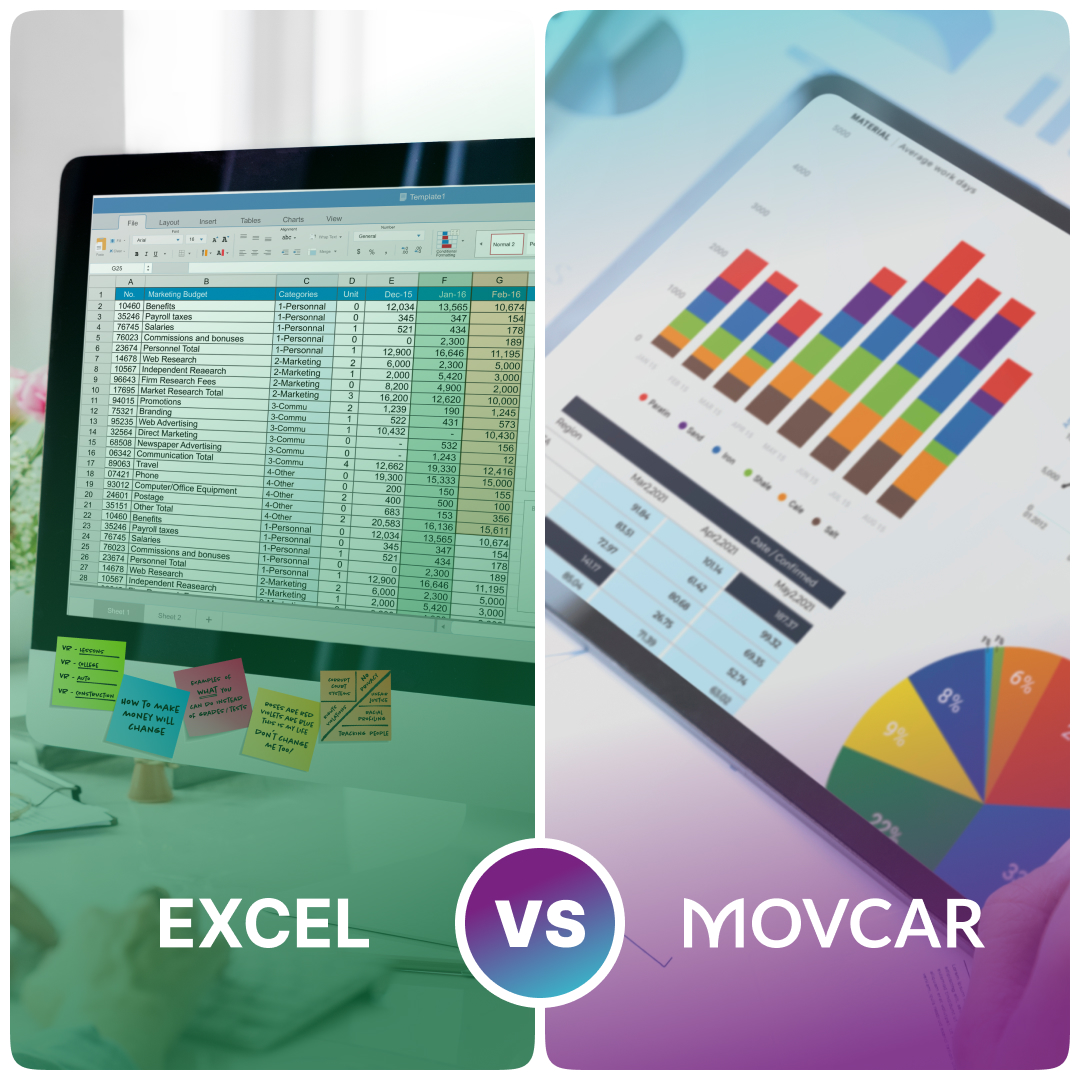
Exploring the Benefits of Fleet Management Software for Modern Fleets
Introduction
In the fast-paced world of fleet operations, leveraging the power of technology is not just an advantage; it’s a necessity. Fleet Management Software (FMS) has emerged as a crucial tool for modern fleet managers, offering a comprehensive solution to manage and optimize their fleet operations. This article delves into the myriad benefits of adopting fleet management software.
1. Real-time Vehicle Tracking and Monitoring
One of the primary features of FMS is the ability to track and monitor vehicles in real time. This capability ensures managers have up-to-the-minute information on each vehicle’s location, speed, and direction of travel. Real-time tracking leads to improved route planning, timely deliveries, and enhanced driver accountability.
2. Improved Fuel Management
FMS can significantly aid in managing fuel consumption. By analyzing data collected from vehicles, managers can identify patterns in fuel usage and implement strategies to reduce fuel consumption, leading to cost savings and a smaller carbon footprint.
3. Enhanced Maintenance Scheduling
Regular maintenance is vital for fleet longevity and safety. Fleet management software facilitates proactive maintenance scheduling, reminding managers of upcoming service requirements. This approach prevents breakdowns and prolongs vehicle life.
4. Streamlined Reporting and Analytics
The software provides robust reporting tools and analytics, offering insights into fleet performance and efficiency. Data on mileage, fuel usage, driver behavior, and maintenance can be used to make informed decisions, improving overall fleet operations.
5. Better Compliance Management
Staying compliant with regulations is a major challenge for fleet managers. FMS helps in maintaining records, scheduling necessary checks, and ensuring vehicles meet all regulatory requirements, thereby avoiding costly fines and penalties.
6. Enhanced Driver Safety and Performance
By monitoring driving patterns and behaviors, fleet management software can improve driver safety. It allows managers to address risky behaviors like speeding or harsh braking, thereby reducing the likelihood of accidents.
7. Increased Customer Satisfaction
Real-time tracking and efficient operations facilitated by FMS can lead to more accurate delivery times, enhancing customer satisfaction. It also allows for better communication with customers regarding shipment statuses.
8. Scalability and Flexibility
As your fleet grows, FMS can scale with your needs. Its flexible nature means it can be tailored to fit the specific requirements of any size of fleet, providing a customizable and scalable solution.
Conclusion
Fleet Management Software is an indispensable tool in the modern fleet manager’s arsenal. Its benefits range from operational efficiencies, cost savings, and enhanced safety, to better compliance and improved customer satisfaction. Investing in a robust FMS not only streamlines fleet operations but also positions a fleet for future growth and success.
Stay connected with our blog for more insights on fleet management and the latest technological advancements in the field.